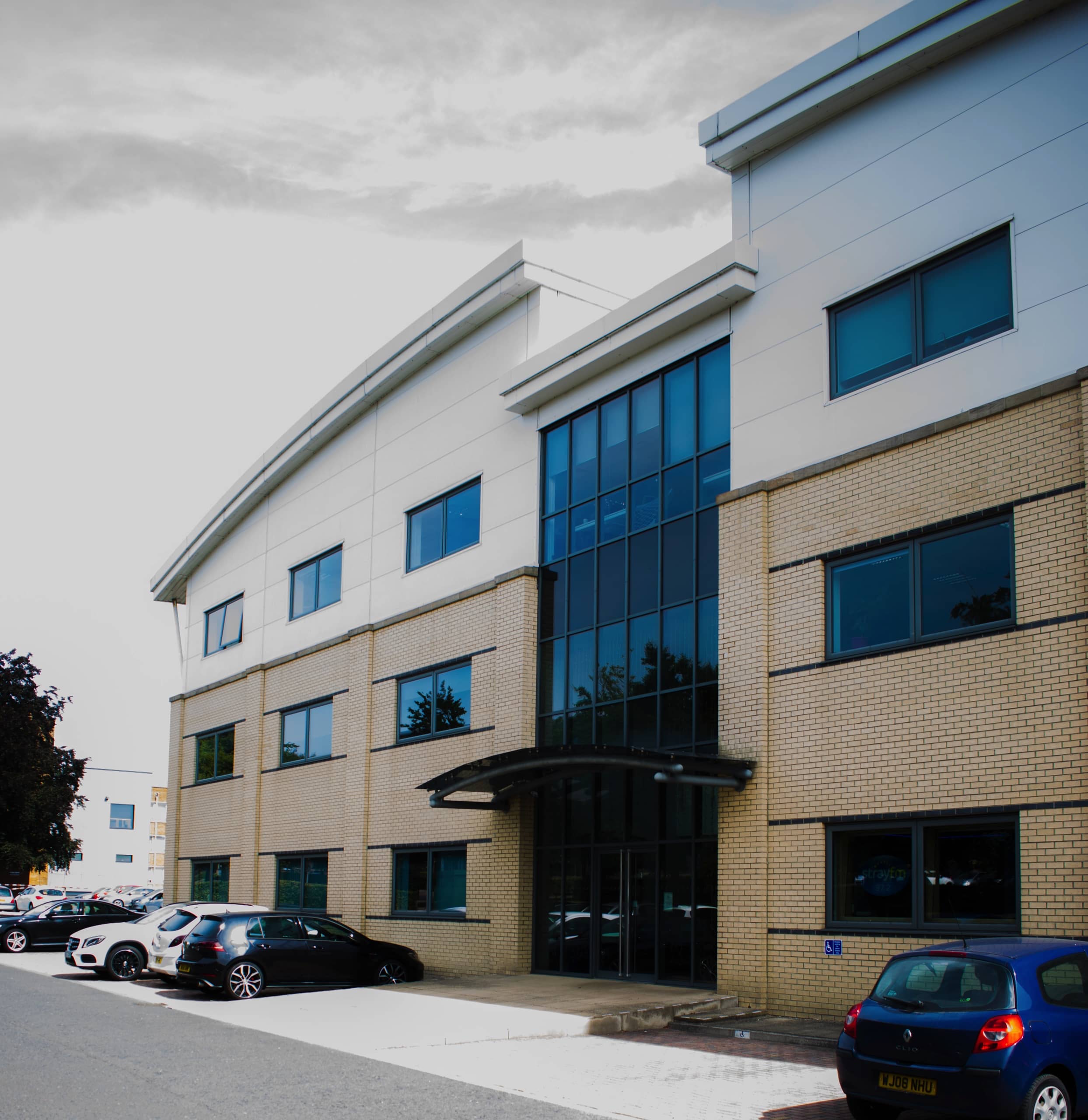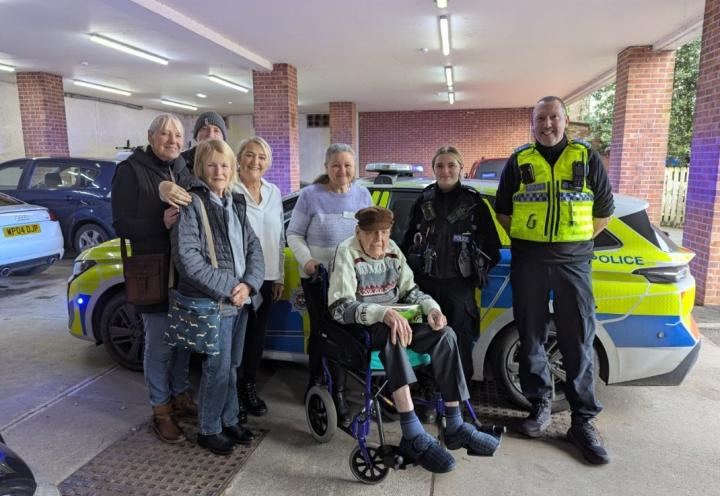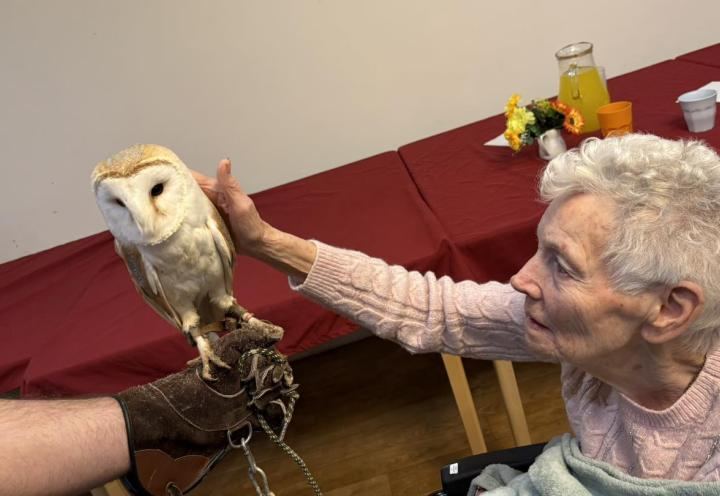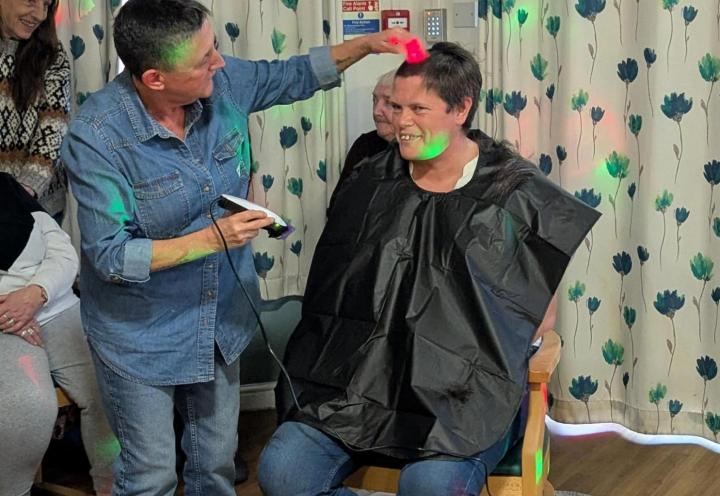World Alzheimer's Day 2023
As World Alzheimer's Day approaches, it’s important to reflect on the impact both Alzheimer’s disease and dementia have on the 850,000 people in the UK currently living with the diagnosis.
At Orchard Care Homes, we are continuously findings new and innovative ways to provide life-changing care to those with Alzheimer's disease. From our team of dementia specialists, to our Reconnect communities across the UK, we are proud to be at the forefront of dementia and Alzheimer’s care. But what is Alzheimer’s disease, and how can you support a loved one through a diagnosis?
What is Alzheimer’s disease?
Alzheimer's disease is the most common type of dementia. Affecting an estimated 1 in 14 people over the age of 65, it’s a progressive disease that can impact a person’s memory, mobility and communication.
Some people believe that getting dementia is just a part of growing old – but this is a very common misconception. Alzheimer’s Society have put together a handy article on the difference between commons signs of aging and possible signs of Alzheimer’s disease. You can check it out, here.
Symptoms and early signs
The early signs of Alzheimer’s disease or dementia vary for each individual, but common symptoms include memory loss, mood changes, communication difficulties and confusion. A person living with early stages of dementia may also struggle with self-care tasks, such as washing or cleaning, and may lose a sense of awareness.
Sometimes, a person’s mood swings can feel quite intense and targeted to the caregiver. Coping with a loved one’s behaviour changes can be difficult, but it’s important to remember that they may be frustrated at themselves, and struggling to communicate their feelings. The NHS recommends keeping a diary and noting down potential triggers for the person, so you can spot any patterns in their behaviour.
What to do if you think a loved one has dementia
If you’re concerned a friend or relative may be displaying signs of dementia, contact your GP to discuss your options. While there isn’t a single test that can diagnose Alzheimer's disease or dementia, your GP can refer the person to a specialist to review their symptoms. They can also perform memory exercises, blood tests and other examinations to help create a care plan suited to the person’s needs.
We understand that starting the process of a diagnosis may be scary, but the earlier dementia is detected, the more treatment options could be available to your loved one. Non-drug treatments, such as therapies, reminiscence work and person-centred care can help a person with dementia live an independent life for as long possible.
How to support someone diagnosed with Alzheimer’s disease
Receiving an Alzheimer’s diagnosis can be a very stressful and mentally exhausting experience. The person may feel scared, confused and find it difficult to take the information in. As their support network, you can offer emotional relief to your loved one and help them with the next steps.
Allow the person some time to process the news. Whether it’s a few days or weeks, they may just need a little time to come to terms with the diagnosis. When they feel ready, you can help them create an action plan for the future and look at their options.
There are many charities that can offer support and guidance to those living with Alzheimer’s disease. If you feel that your loved one is struggling to cope, reach out to an Alzheimer’s or dementia charity, such as Dementia UK, Alzheimer's Society or Age UK. They can provide confidential, impartial advice to help you support your friend or relative.
Finding the best care home
When the time is right to start your search for a care home, you may feel overwhelmed at the options and providers to choose from. It’s important to find a home that can offer the right type of care for your loved one, so we’d recommend searching for a dementia-specialist care home.
Not all care home providers can offer services tailored to those living with dementia, and may only be able to support in the early stages. Your loved one’s GP and social worker will help determine the right level of care they need, and suggest a range of local care homes that provide the best service.
If you want to explore your own options, it’s worth checking out a reputable reviewing platform, such as carehome.co.uk. On there, you can read real-life experiences from people who have used a care homes service, whether that be for themselves or for a relative.
How we can help
As dementia-specialists, Orchard Care Homes can offer several different levels of care; including residential, nursing and our specialist Reconnect communities. Currently available in 5 care homes across the UK, Reconnect provides a homely, inclusive environment that allows residents to truly thrive in their surroundings.
If you’re looking at the next steps of care for a relative or friend but struggling to understand your options, Orchard Care Homes are here for you. We can offer advice and guidance to help find the right level of care for your loved one - simply email dementia.support@orchardcarehomes.com, and our friendly team will take you through your choices!
For more information on our care homes, including our Reconnect communities, please call 01423 859 859 or use our contact form to send your enquiry!




